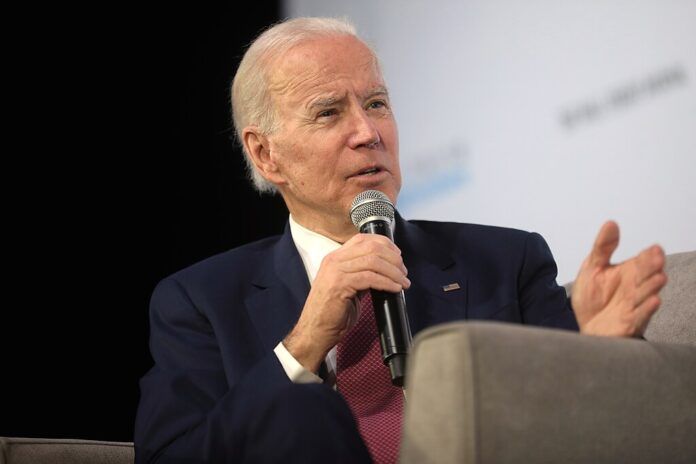The significant investment from the CHIPS Act aims to enhance U.S. Semiconductor capabilities and reduce reliance on foreign chip production
The Biden administration has committed up to $6.4 billion in grants to Samsung Electronics, facilitating the expansion of the South Korean company’s semiconductor operations in Taylor, Texas. This strategic move, part of the 2022 CHIPS and Science Act, aims to bolster the United States’ capacity in chip manufacturing amid growing global tech demands and geopolitical tensions.
The grants will support the enhancement of two existing production facilities, the establishment of a new research centre, and a packaging facility, all located in central Texas. According to the Department of Commerce, this funding will not only expand Samsung’s operations in Taylor but also enable upgrades at its Austin facility. This initiative reflects a broader governmental effort to regain global leadership in semiconductor manufacturing, advanced packaging, and research and development.
Commerce Secretary Gina Raimondo emphasized the dual benefits of this investment, stating, “These investments will allow the U.S. to once again lead the world, not just in semiconductor design, where we do now lead, but also in manufacturing, advanced packaging, and research and development.”
The investment is expected to have significant implications for various critical sectors, including aerospace, defence, and automotive industries, enhancing the U.S.’s capabilities in these areas and improving national security. Samsung Co-CEO Kyung Kye Hyun highlighted the anticipated increase in demand for advanced semiconductor products like AI chips, noting that the facilities will employ cutting-edge process technologies crucial for securing the U.S. semiconductor supply chain.
Samsung plans to commence production in 2026 and is projected to start with 4-nanometer chips on its pilot production line, with ambitions to scale down to more advanced 2-nanometer chips. This progression aligns with the industry’s trajectory towards increasingly sophisticated semiconductor technologies.
This funding allocation makes Samsung the third-largest recipient of the CHIPS Act awards, following Intel’s $8.5 billion and TSMC’s $6.6 billion grants, underscoring the U.S. government’s commitment to revitalizing its domestic semiconductor industry. The move is largely motivated by concerns over the reliance on semiconductor manufacturing in regions like Taiwan, which faces geopolitical risks due to tensions with China.
Senator John Cornyn, a Republican from Texas who co-sponsored the CHIPS Act, lauded the investment. “By investing in leading-edge semiconductor manufacturing, we are helping secure this vulnerable supply chain, boosting our national security and global competitiveness, and creating new jobs for Texans,” Cornyn said.
Samsung’s commitment involves an estimated $45 billion investment in its Texas facilities by the decade’s end, marking a significant increase in U.S.-based semiconductor manufacturing capacity. The Semiconductor Industry Association (SIA) praised both Samsung’s initiative and the Commerce Department’s efforts in implementing the CHIPS Act’s manufacturing incentives and R&D programs, signalling a robust future for American technological infrastructure.
